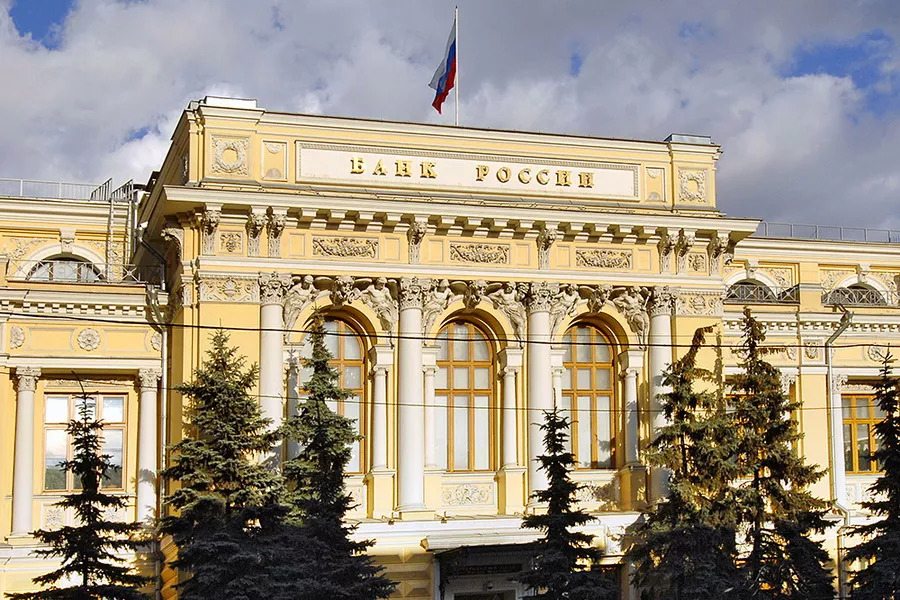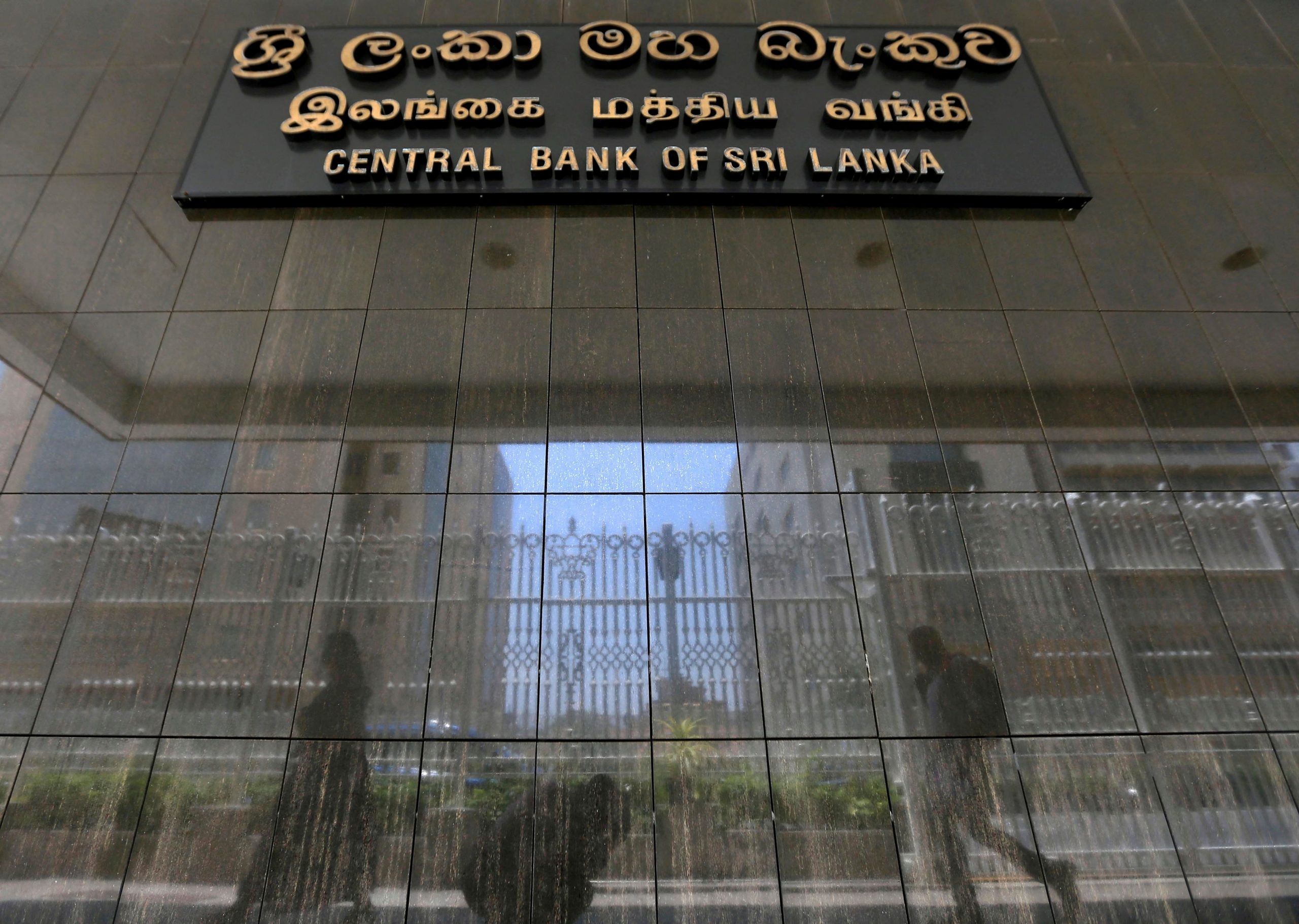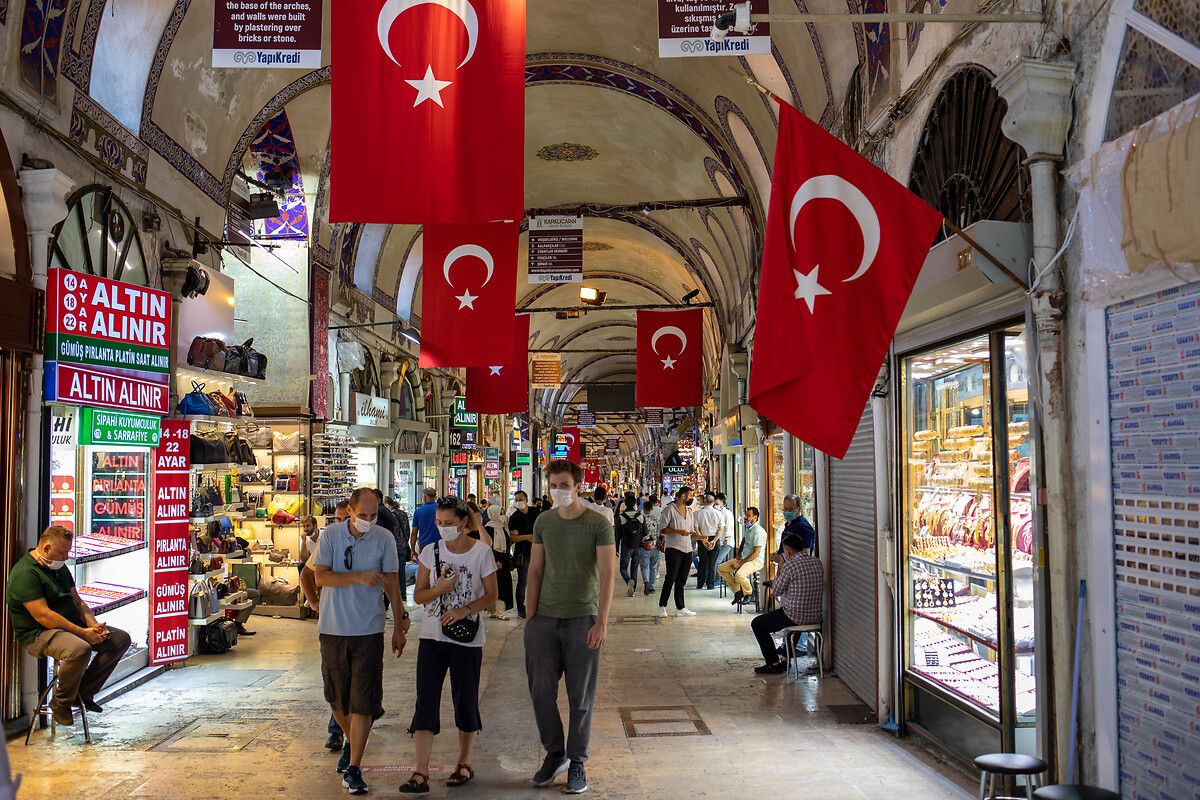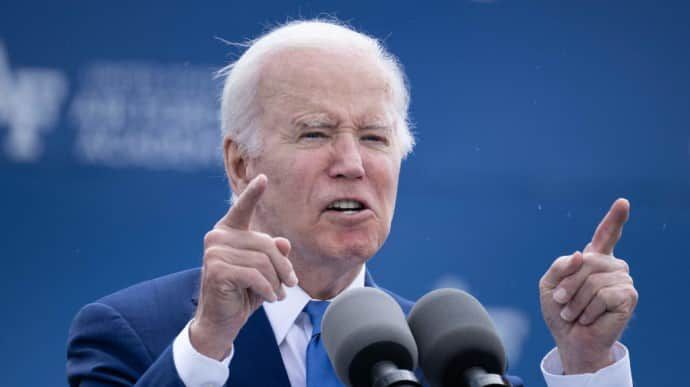Following Russia’s invasion of Ukraine, President Vladimir Putin has taken a more militaristic approach to his country’s economy. As part of this strategy, the Bank of Russia, led by Governor Elvira Nabiullina, has appointed decorated military officer Sergey Belov as Deputy Governor to oversee the central bank’s field institutions. Belov’s role includes managing the allocation of funding from the state budget to support combat troops. Notably, Belov, unlike other top officials, is not subject to international sanctions.
Belov, 52, assumed his position as Deputy Governor in May of the previous year and is responsible for overseeing the field offices and cash circulation system. Previously, he headed the central bank’s division in Sevastopol, Crimea, which was annexed by Putin in 2014. With a background in the Defense Ministry’s economic academy, Belov holds a unique position as an official responsible for both military and civilian duties within the central bank.
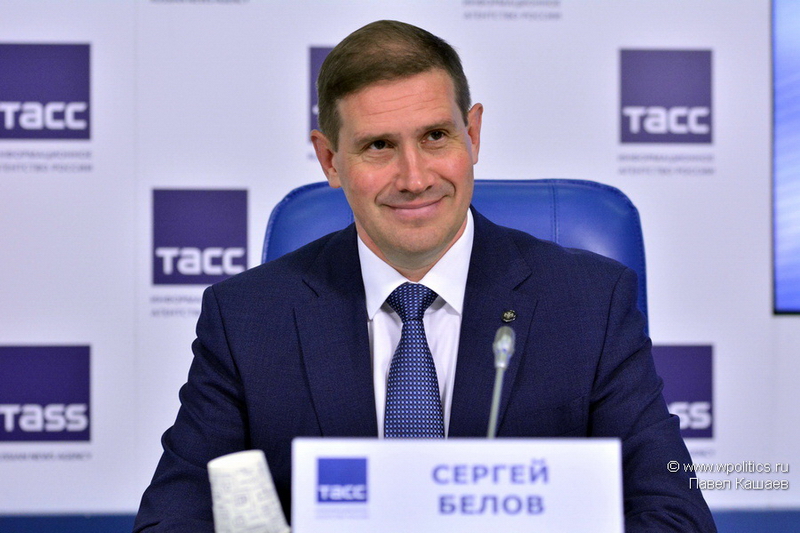
The field institutions, managed by the central bank on behalf of the Defense Ministry, conduct banking operations specifically designed to bypass commercial lenders and safeguard state secrets. These institutions, considered a military branch subject to military regulations, operate around 90 field offices located near frontline units. They cater to various banking needs, including opening current accounts, facilitating cash withdrawals, money transfers, and issuing their own payment cards.
While significant sections of the Russian economy have been mobilized to support the invasion, the Bank of Russia aims to maintain its image as a technocratic institution focused on fine-tuning monetary policy despite facing unprecedented international sanctions.
Oleg Vyugin, a former first deputy governor at the Bank of Russia, commented on Belov’s appointment, stating that it aligns with the current spirit in Russia, where individuals with military and security backgrounds have opportunities for successful careers in various civilian sectors.
The Bank of Russia declined to provide comments on the field institutions, with Nabiullina simply stating that they are functioning as intended.
In recent times, the relatively obscure department managed by the central bank’s chief accountant has become a crucial component of the war economy. The Kremlin has incentivized more Russians to volunteer for combat by offering financial benefits, and the field institutions play a vital role in implementing these initiatives.
Belov’s responsibilities expanded with Russia’s occupation of parts of eastern and southern Ukraine. A government decree empowered the field institutions this year to handle budget resources for residents in these territories. Furthermore, Russia’s lower house of parliament passed a draft law designating the field institutions and selected lenders responsible for paying the wages and allowances of armed forces personnel, ensuring the security of military data.

Under Nabiullina’s leadership, the Bank of Russia has historically enjoyed a significant degree of autonomy and was once referred to as the “most orthodox” in developing Europe. Despite attempting to resign following Russia’s attack on Ukraine in February 2022, Nabiullina was nominated by Putin for a new five-year term. However, in response to the changing reality, the central bank began preparing for the war economy by purchasing essential items such as sleeping bags, tents, and wood stoves for its field institutions in March of the previous year.
Belov, who had already led the field institutions department since 2021, was subsequently promoted to become Nabiullina’s deputy, although he did not become a voting member of the board of directors responsible for policy decisions. This promotion highlighted the importance of his position and symbolically replaced Mikhail Alekseev, a veteran banker and former chairman of the Russian subsidiary of UniCredit SpA, who became subject to US sanctions in April of the previous year.
Belov’s official biography indicates that he has spent most of his career at the central bank, starting as a “senior cashier” at the field institutions. In 2009, he was awardedthe Order of Military Merit by a presidential decree. His experience in Crimea after the annexation has provided valuable insights as Russia introduced the ruble and established a new financial system in the region, which is crucial knowledge as Russia aims to absorb other occupied areas. It is expected that Ukraine will soon launch a counteroffensive to reclaim these territories.
Cash demand has increased in the occupied areas since Russia replaced Ukraine’s hryvnia with the ruble in January. According to Alexey Zabotkin, Deputy Chairman of the Bank of Russia, the field institutions have played a crucial role in addressing this demand.
While the central bank has historically maintained close ties with the military, appointing a deputy governor with a military background is an unprecedented move. Sergey Dubinin, the central bank’s chief from 1995 to 1998, described the field offices as an intermediary between allocated budgetary funds and the actual military divisions.
As the Bank of Russia integrates military and economic functions under Belov’s leadership, the institution finds itself navigating an evolving landscape where economic warfare and military considerations intersect. The bank’s ability to adapt and manage these new challenges will be crucial in the coming months.
©traders-news.online






